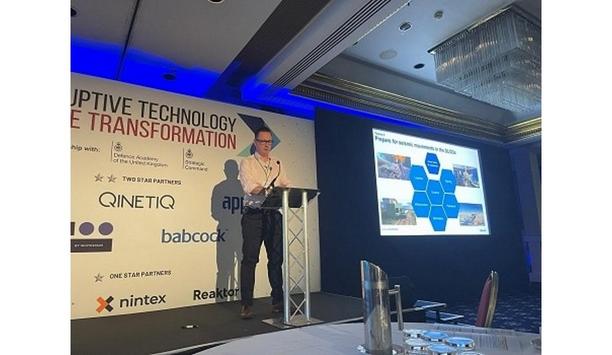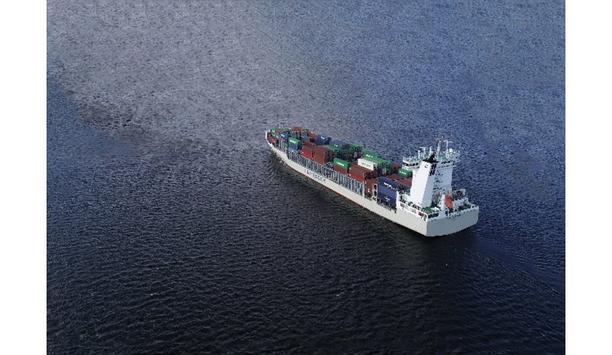Parties to the treaties which regulate the dumping of wastes at sea have adopted a statement identifying the need to carefully evaluate marine geoengineering techniques, which may have potential for mitigating the effects of climate change but may have adverse impacts on the marine environment.
The statement identifies four techniques which need priority evaluation, involving either carbon dioxide removal (CDR) or solar radiation modification (SRM).
The statement was adopted by the 44th Consultative Meeting of Contracting Parties to the London Convention and the 17th Meeting of Contracting Parties to the London Protocol (LC 44/LP 17), which met at the International Maritime Organization (IMO) Headquarters from 3-7 October 2022.
Marine geoengineering
The statement notes that marine geoengineering should not be considered as a substitute for measures to reduce carbon dioxide emissions, there are investigations into the potential for marine geoengineering to mitigate the effects of climate change with multiple interests driving urgency for deployment.
The statement recognises the growing interest into marine.
Geoengineering techniques and their potential to cause pollution or other adverse effects on the marine environment.
Four techniques
The London Protocol /London Convention parties identify four techniques for priority evaluation:
- Enhancing ocean alkalinity (CDR)
- Macroalgae cultivation and other biomass for sequestration including artificial upwelling (CDR)
- Marine cloud brightening (SRM)
- Microbubbles/reflective particles/material (SRM)
In 2008 Parties to the LP and LC adopted a resolution (LC-LP.1 (2008)), which states that ocean fertilization activities fall within the purview of the LC/LP and that ocean fertilization activities other than legitimate scientific research should not be allowed.
A further resolution (LC-LP.2 (2010)) on the "Assessment Framework for Scientific Research involving Ocean Fertilization," that proposed research projects should be assessed to determine if they qualify as legitimate scientific research.
2013 amendment
The 2013 amendment will, when in force create a legally binding regime
Together, these resolutions apply to all LC Contracting Parties and continue to apply to LP Contracting Parties, pending the entry into force of the 2013 amendment to the London Protocol. The 2013 amendment will, when in force create a legally binding regime providing a science based, global, transparent and effective regulatory and control mechanism for marine geoengineering.
The amendment enables the future regulation of marine geoengineering techniques that fall within the scope of the London Protocol and have the potential to cause widespread, long-lasting or severe impacts on the marine environment.
A 2019 report published by the Joint Group of Experts on the Scientific Aspects of Marine Environmental Protection (GESAMP) provides an overview of a wide range of marine geoengineering techniques.
London Protocol
The objective of the London Protocol and Convention is to promote the effective control of all sources of marine pollution. Contracting Parties shall take effective measures to prevent pollution of the marine environment caused by dumping at sea.










